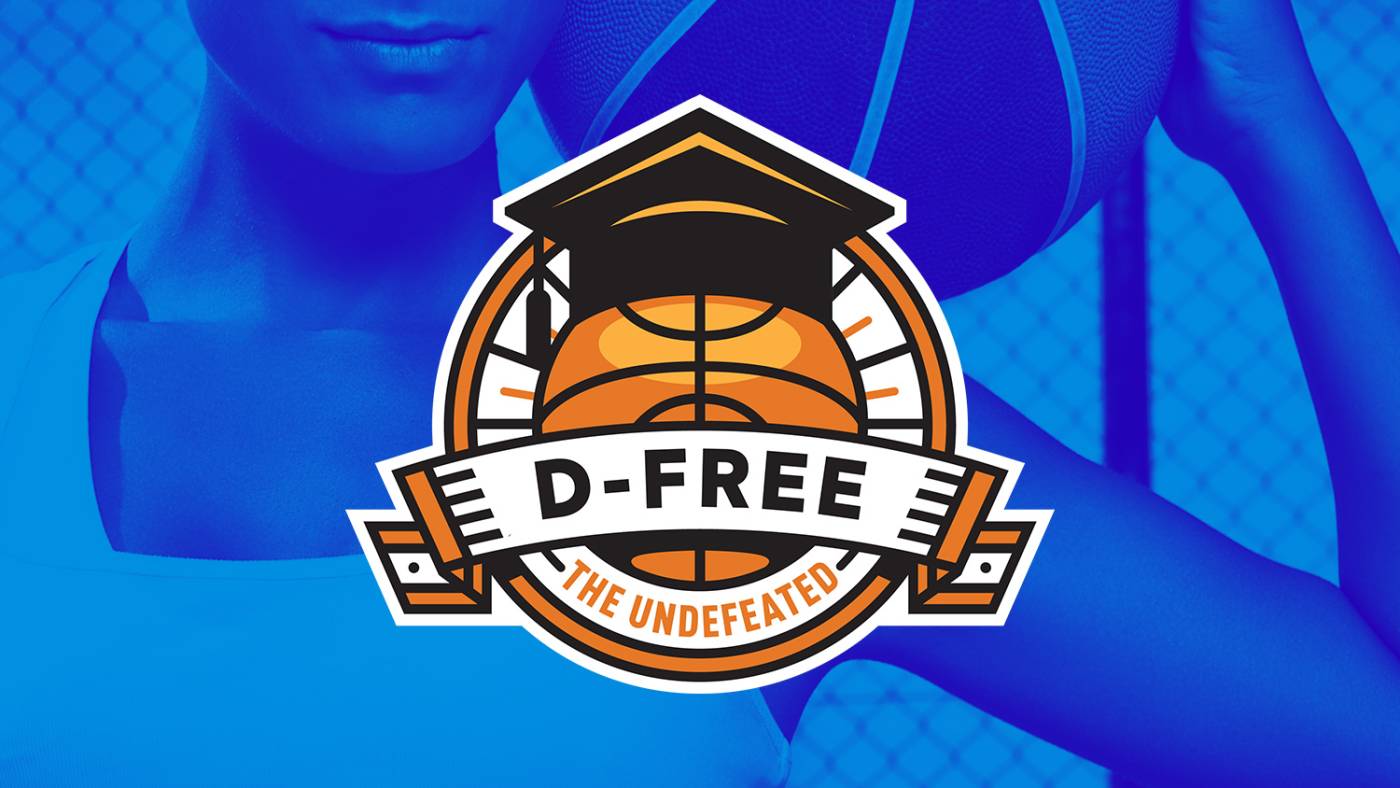We asked long-time Coach Dickson of Squalicum High School in Bellingham, Washington:
What would be your one practical piece of advice for a youth basketball (AAU) coach?
“This suggestion is an attempt to improve your team’s culture. In order to motivate and maximize your team’s and players’ potential, a coach must make every team member feel valued.
Show value to your players for their on-court contribution to the team (rebounding, defensive intensity, FTs, passing, etc) and their on-court qualities (competitiveness, persistence, encouraging, etc).
Take time to model this alone with each player and in front of the team. After you have modeled this practice, have your players demonstrate value towards each other by noting the contributions (on-court and character) made by their teammates. You might pair players up, or choose one player to be “spotlighted“.
This is a terrific way to improve your team culture as well as teaching your players the value of affirming others.”
Many coaches may take time after a game to give positive feedback to their players. Keep in mind 2 things:
- Demonstrate value to each player for their on-court contributions & qualities.
“Great job scoring 20 points” communicates one thing to a player. “I appreciate your unselfish play near the end of the game” communicates something deeper.
- Find specific situations to highlight.
“I appreciate your unselfish play near the end of the game” is a great encouragement, but “It showed great unselfish play in the last minute when you chose to pass inside instead of shoot.“
Doug DeVries has been working in youth basketball for over 25 years. He has a passion to see sports in balance in life, for kids to thrive in sports, and for parents to enjoy the entire process.





